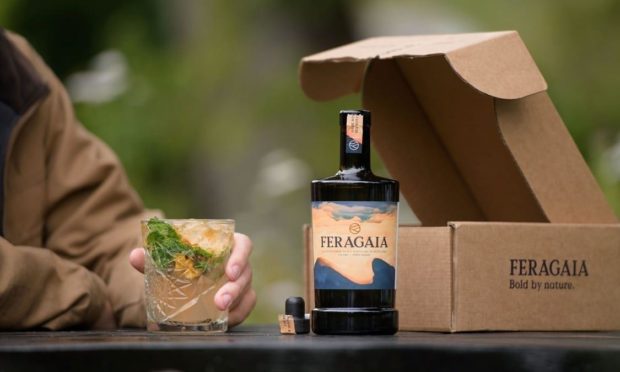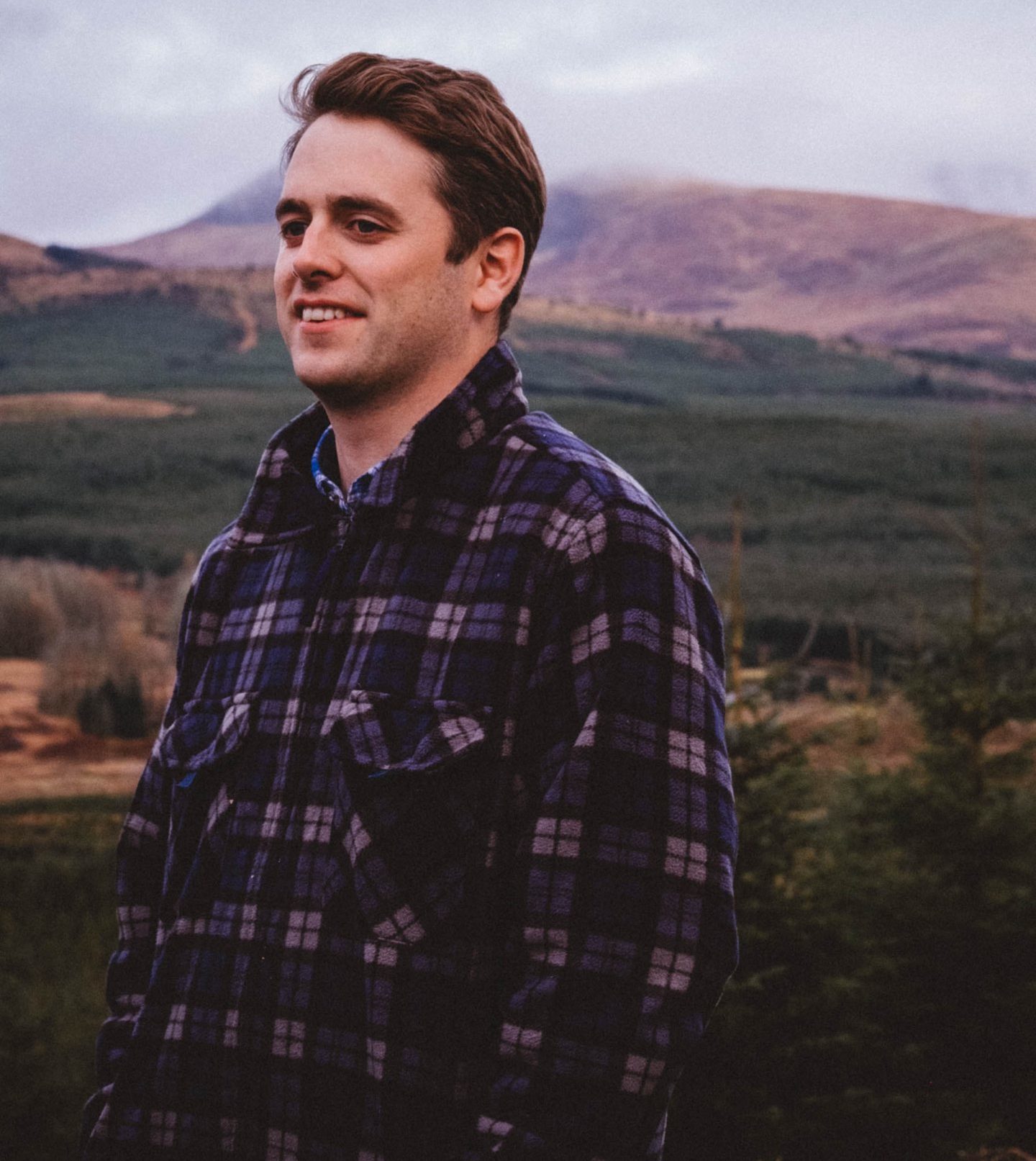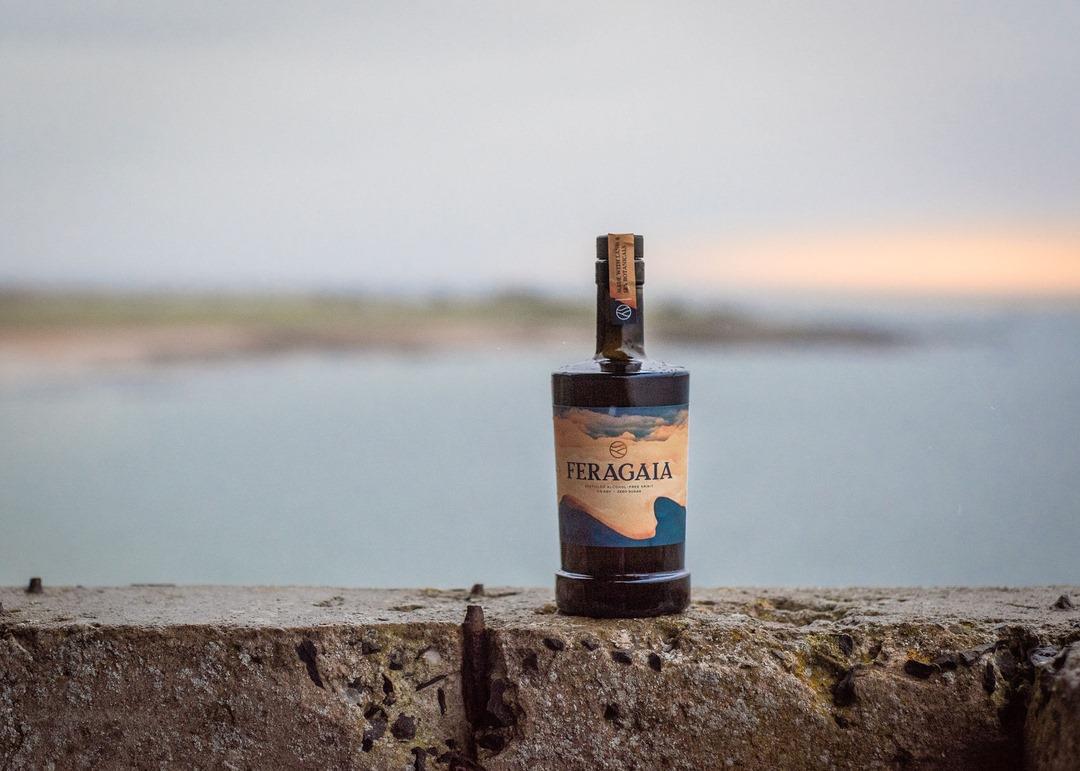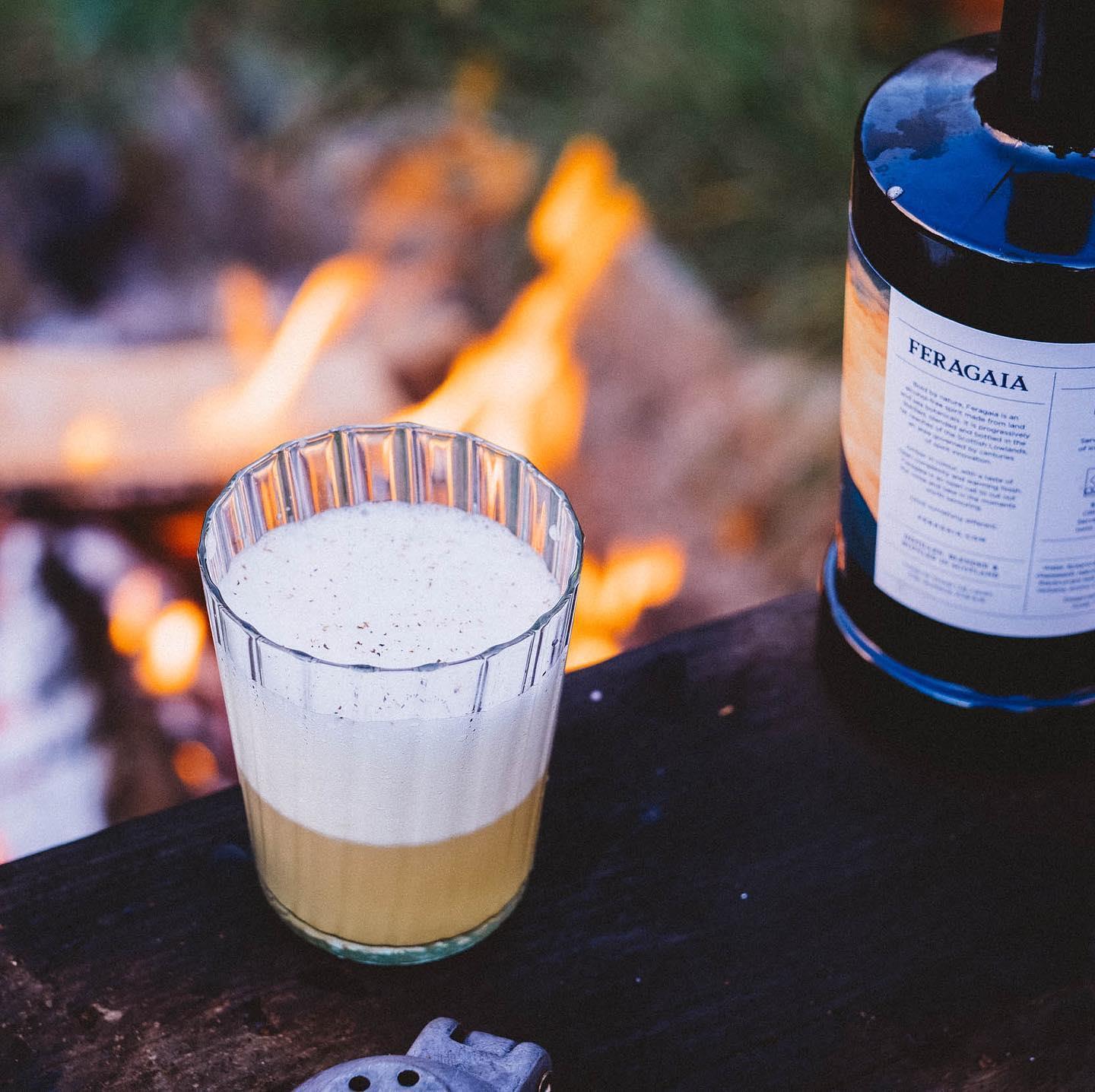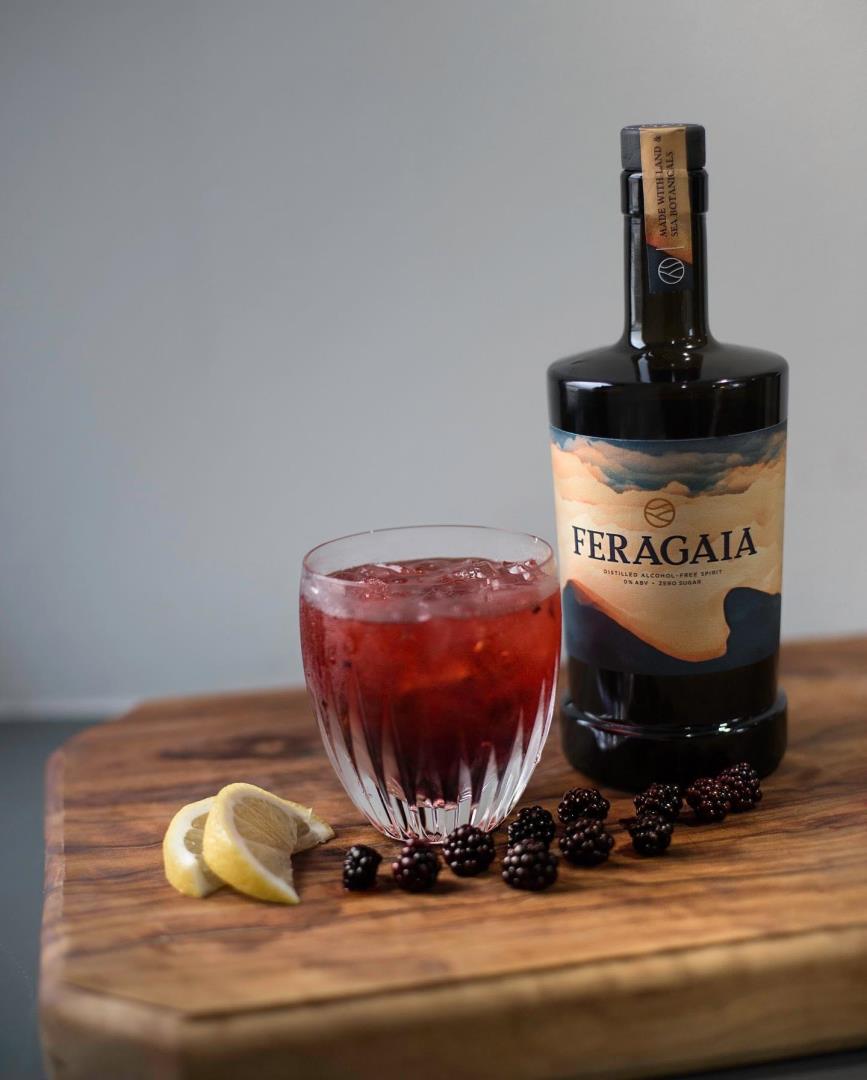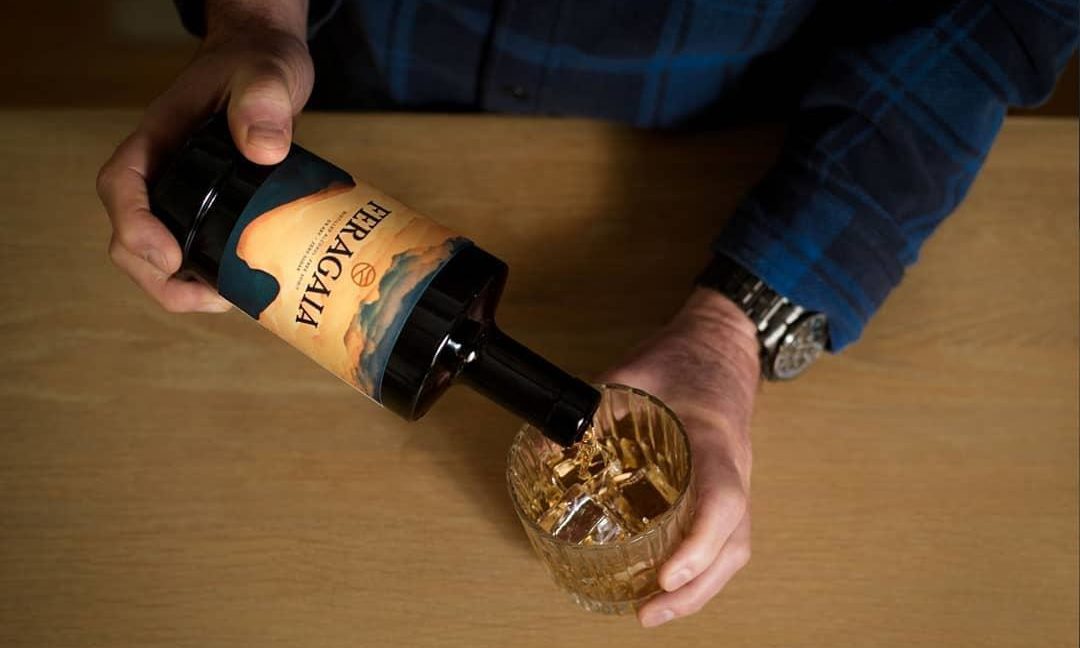While Scotland is stereotypically a country that loves to enjoy a tipple, the new low and non-alcoholic spirit category is increasingly whetting the appetite of drinkers and non-drinkers alike.
There’s no denying Scotland has a long history with alcohol consumption – which historically has been filled with both positive and negative associations.
What with illicit stills producing spirits in secret in years gone by and our grain industry supplying our growing whisky and beer industries, new drink-related laws coming into place and more.
However, it is fair to say that when it comes to creating top quality drinks, Scotland is most certainly the cream of the crop.
But with more consumers becoming more aware of what they are putting into their bodies, and how often they are doing so, too, there has been a rise in popularity for no and low alcohol beverages.
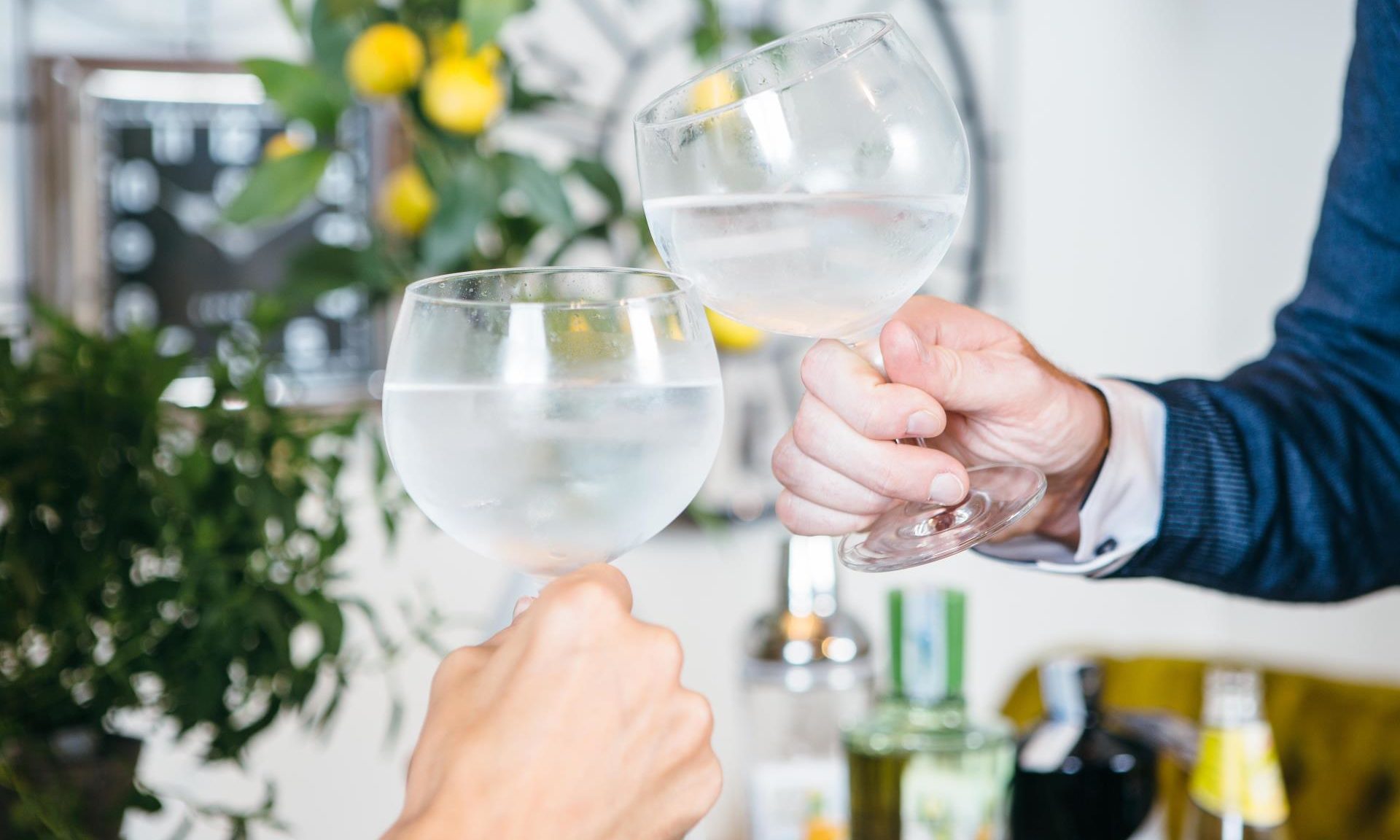
A YouGov survey conducted for the Portman Group found that since lockdown in March last year, two-thirds of Brits who drank alcohol before the lockdown (65% of UK drinkers) say they are drinking the same, less or stopped drinking altogether (38%, 22% and 5% respectively).
Of the 2,070 adults surveyed from May 22-26, those drinking less were asked about how they were moderating their intake of alcohol with 18% outlining they intentionally limited their purchase of alcohol in shops, and 10% were incorporating alcohol-free days into their week.
And for those looking to incorporate alcohol-free days into their weeks, a newer drinks category of no and low alcohol spirits is increasingly becoming popular with drinkers and non-drinkers alike.
Launched in the East Neuk of Fife by business partners Bill Garnock and Jamie Wild in August 2019, Feragaia (pronounced Fe-ra-guy-a) is a small batch distilled alcohol-free spirit which is made by distilling 14 different botanicals.
Drinking in the pandemic
Talking about the rise of this more recent category, Bill says that it has been a combination of the lockdown and health and wellbeing that has spurred more people to opt for a non-alcoholic beverage over a boozy version during the coronavirus pandemic.
He said: “I used to sell Scottish whiskies and distilled products previously. The whole made in Scotland distilled brand is so appealing to customers all over the world. I saw the new category coming and wanted to widen what a premium distilled product in Scotland could be and make something which was accessible for everyone.
“Non-alcoholic spirits hadn’t really been explored that much and I just thought people who didn’t really drink deserved a premium product. We wanted to bring something to market something that was for everyone regardless of religion, lifestyle or health. I expanded my interest in distillation and applied it to this new category.
“I think its a combination of the lockdown and the increased exposure of what we put in our bodies and the impact of it. With lockdown, suddenly we’ve got seven days at home and then you’re thinking about what you’re eating and drinking and then if you’re drinking alcohol throughout all of this consistently that is going to have a negative impact on your sleep patterns and your ability to operate at full speed.
“I still drink myself, but I think it’s important to have an option which could be enjoyed seven days a week. People used to drink lots of sugary sodas but it is really our responsibility to look after ourselves. There’s so much more pressure on social media to do and achieve more, and so I think it’s important to have a healthy lifestyle.”
A hit with bartenders
Stocked in more than 100 restaurants, hotels and bars across the country, while the pandemic has put a halt on most trade enquiries, Bill has been overwhelmed with the support and interest Feragaia has received during the coronavirus outbreak and is aware that this new era of drinking is on the horizon.
With continued interest in mental and physical health, not to mention wellbeing in general continuing to grow in popularity due to the pandemic and struggles lockdown has imposed on many, Bill is looking forward to seeing more bars and restaurants reopen and reinvent high-end mocktails with non-alcoholic spirits.
He added: “When I first started developing the idea thee years ago, it was still this alien concept. I think there was a rapid change and bartenders can apply their skill and craft to suit every customer. They don’t just offer their talents to those drinking, they can now offer them to those who aren’t drinking. It is about giving them access to a bigger pool of people to entertain while looking after their health.
“Bartenders’ work patterns are late into the evening or early morning and to have a drink that doesn’t affect them in a negative way like alcohol after their shift is also something that is good. I think they can now impress drivers, people of all religions and Monday lunchtime diners and highlight their skills in new ways with spirits like this.
“I think people are more impressed by a well put together mocktail than a cocktail. It completely changes the attitudes towards people and drinking.
“Our spirit has all the elements you’d expect with any good distilled product, only with no alcohol. I think it opens up opportunities on what a nice drinking moment can be. Bars can also potentially make more money from the likes of mocktails or non-alcoholic spirits instead of a glass soda and lime.”
Increase in demand
Experiencing a surge in sales throughout the pandemic, Bill says that despite more firms like his coming onto the Scottish drinks scene, they have benefited from continued growing interest and look to be on track for their most successful year to date.
“We have seen a huge spike in our sales and have doubled sales since the last December and January period. There have been a lot more non-alcoholic spirit alternatives coming to market but that hasn’t really affected us as Feragaia is so unique.
“A lot of drinkers who love beer, wine and whisky are now looking for moderation and want to enjoy something that isn’t alcoholic.
“It has 14 botanicals in it and is a totally different drink if you have different mixers – it is like a range of different drinks in one bottle. There’s no plans for any brand extensions as we’re still educating consumers and we’re preimmunising occasions which you’d ordinarily either have an alcoholic beverage or not want to drink like a Monday lunchtime or Sunday evening.
“We have plans to bring production to Fife when we can. That is our home and we want to increase our investment in the area. Our distillation takes place in a distillery in the Scottish lowlands, but that is the plan for the future.”
For more on drinks…
